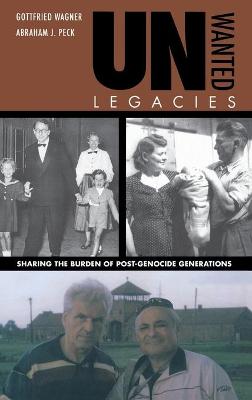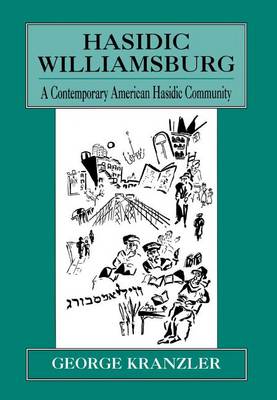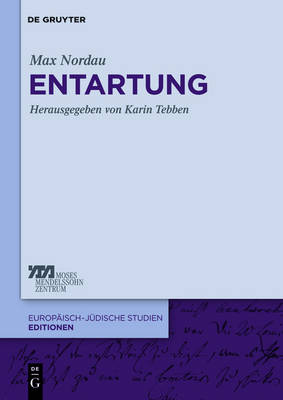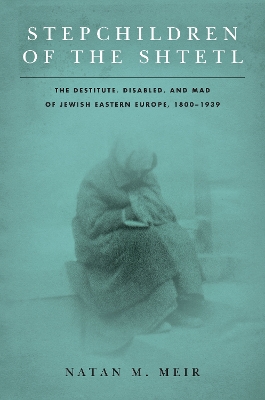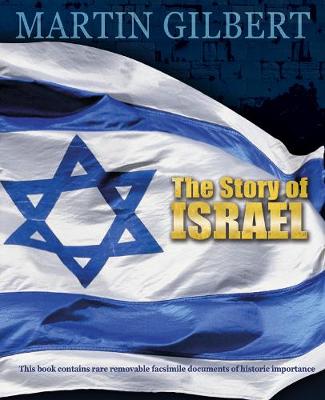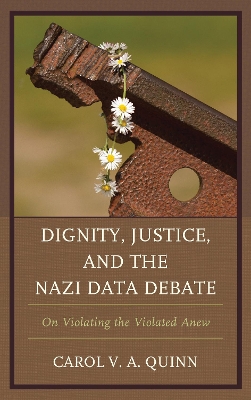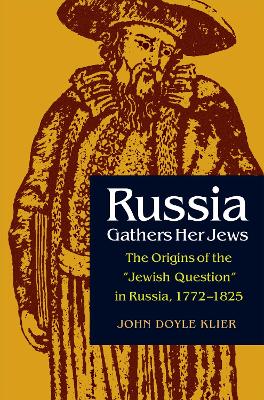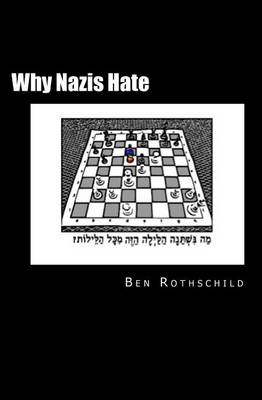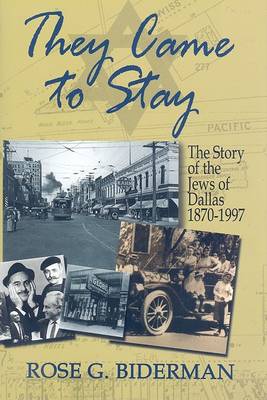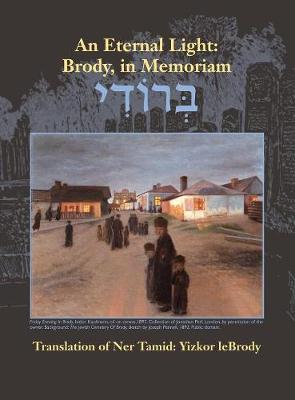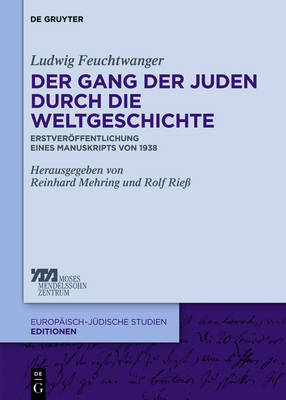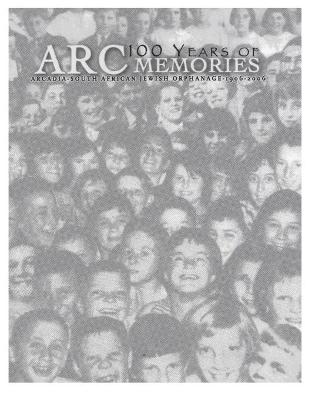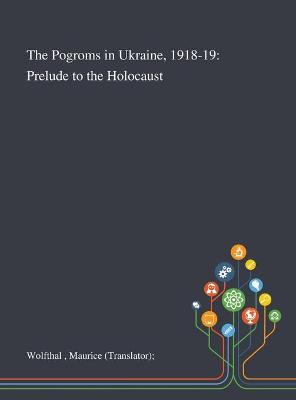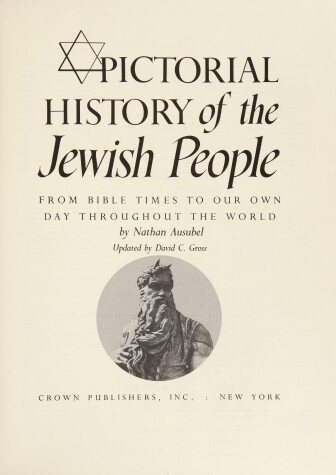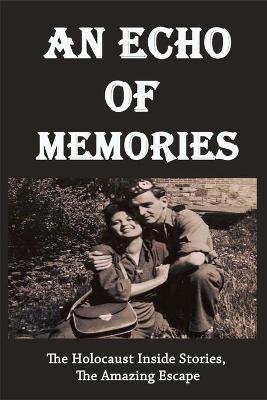Unwanted Legacies (Modern Jewish History)
by Gottfried Wagner and Abraham Peck
How does a society reconcile itself in a post-genocide era? How can generations of those whose families were victims and victimizers break the cycle of hate, mistrust, shame, and guilt that characterizes their relationship? What family reactions do they face as they seek to begin the act of sitting across from each other and facing their legacies? For more than two decades, Gottfried Wagner, great-grandson of composer Richard Wagner, whose music inspired Adolf Hitler and whose family hel...
Hasidic Williamsburg recounts the dramatic emergence of this unique community in the face of major crises. It is the story of the loyalty of its members to their rebbes and their teachings and to the milieu they created in an old Jewish neighborhood in Brooklyn, New York. Based on his previous book Williamsburg: A Jewish Community in Transition, which reported the transformation of this moderately Orthodox Jewish community and its rise to prominence after the influx of numbers of refugees from N...
Trading Nations (Brill's Series in Jewish Studies, #14)
by Benjamin Arbel
This book deals with the intricate, and often uneasy relationship which developed between Jews and Venetians, as they struggled to cope with the changing realities of the sixteenth-century Mediterranean world. The fruit of many years of research in the Venetian archives, this volume explores undiscovered aspects of Mediterranean history regarding the involvement of Venetians and Jews in the international maritime trade, Venetian attitudes towards Jews, the impact of Venetian-Ottoman contention o...
Entartung (Europaisch-Judische Studien - Editionen, #1) (Europ Isch-J Dische Studien Editionen)
by Max Nordau
Stepchildren of the Shtetl (Stanford Studies in Jewish History and Culture)
by Natan M. Meir
Memoirs of Jewish life in the east European shtetl often recall the hekdesh (town poorhouse) and its residents: beggars, madmen and madwomen, disabled people, and poor orphans. Stepchildren of the Shtetl tells the story of these marginalized figures from the dawn of modernity to the eve of the Holocaust. Combining archival research with analysis of literary, cultural, and religious texts, Natan M. Meir recovers the lived experience of Jewish society's outcasts and reveals the central role that...
Thomas Mann, Deutschland Und Die Juden (Conditio Judaica, #40)
by Jacques Darmaun
Just over 100 years ago, Theodor Herzl launched the Zionist Movement. They called for a Jewish State in their ancestral land, Palestine. Fifty years later, the State of Israel came into being. Israel was established so that Jews anywhere in the world could have a homeland of their own. After independence, that process began with the ingathering of three quarters of a million Jews from Arab lands. As Communism disintegrated, more than a million Jews emigrated from the Soviet Union. Despite war an...
In this work, Carol V.A. Quinn (re)constructs the survivors' arguments in the debate concerning the ethics of using Nazi medical data, showing what it would mean to take their claims seriously. She begins with a historical case and presents arguments that help make sense of the following claims: 1) Using the data harms the survivors by violating their dignity; 2) The survivors are the "living data," and so when we use the data we use them; 3) The data is really, not merely symbolically, evil and...
For the generations of Jews who immigrated to Cuba after 1900, the experience was bittersweet. Cuba welcomed immigrants long after the United States shut its doors to them in 1924, particularly refugees from Nazism. Yet the story of Cuban Jewry also includes the tragic 1939 drama of the SS St. Louis, turned away from Havana and the United States with its cargo of German-Jewish refugees still aboard, a propaganda coup for Germany. Although many Jews prospered economically on the island, they alwa...
Russia Gathers Her Jews (NIU Series in Slavic, East European, and Eurasian Studies)
by John Doyle Klier
This classic study by the late John Doyle Klier is considered a seminal text in modern Jewish history by one of the foremost scholars in the field. In this, his first book, Klier offers an important analysis of Russia's early acquisition of, attitudes toward, and administration of its Jewish population. He argues that the Russian response to the Jewish Question was based less on a tradition or religious antipathy than on the failure to develop a consistent, well-articulated policy in the face of...
Der Gang der Juden durch die Weltgeschichte (Europaisch-Judische Studien Editionen, #2)
by Ludwig Feuchtwanger
